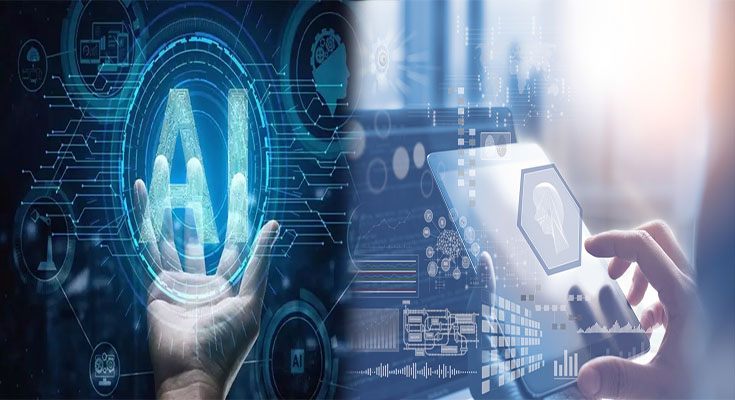Artificial intelligence (AI) is being implemented in every industry, and it’s expected to transform every industry in the next five years. Businesses are already seeing a return on their investments in AI by gaining more efficiency and productivity. However, there are also many ethical concerns about the use of AI that need to be addressed. In this article, we’ll explore some of these pros & cons as well as what you can do if you’re concerned about how artificial intelligence could impact your business.
Artificial intelligence (AI) is expected to transform every industry in the next five years.
Artificial intelligence (AI) has the potential to transform every industry in the next five years. The technology is already being used by large companies such as Google and Facebook, but it will soon be available to anyone who wants it. AI can do things that no human could ever do:
- It can play chess better than any human player ever could.
- It can diagnose diseases more accurately than any doctor or nurse could (and at a fraction of the cost).
- It can advise on legal cases with more insight than any lawyer would have been able to give you previously (and at a fraction of their rate). And this list goes on…
The pros of AI include more efficiency and productivity.
While AI has its drawbacks, it can also be a powerful tool. In fact, there are many ways that artificial intelligence can help you become more efficient and productive at work.
- Automation: AI can automate certain tasks that would otherwise require human labor. For example, an automated system could scan your emails for spam and filter them out before they get to you (or even before they reach the server). This saves time and removes some of the tedium from filtering out spam emails manually every day–a task that often takes up 10% or more of employees’ working hours each week!
- Decision-making: Machine learning algorithms allow computers to learn from experience in order to make better decisions based on data points rather than rules programmed by humans alone. For example, if you want an accurate prediction about whether someone will buy something based on their shopping history or other factors such as location data then machine learning might be able to provide better results than traditional statistical models because it doesn’t require any assumptions about how consumers behave overall but instead focuses only on specific individuals’ past purchases etcetera;
The cons of AI include a higher potential for job losses.
- The cons of AI include a higher potential for job losses.
AI is expected to replace many jobs, including those that involve repetitive tasks. For example, as self-driving cars become more common and more efficient than human drivers, people who drive for a living will likely lose their jobs. In addition to causing unemployment among drivers (who may be able to find other employment), this process could lead to other economic problems such as lower wages or less spending money in the economy overall.*
There are also ethical concerns about the use of AI.
There are also ethical concerns about the use of AI. The technology is still in its infancy, and there’s a lot of work to be done before we can feel confident that it will work as intended. For example, there are concerns around bias: if an algorithm is programmed by humans who have biases (for example, racist), then it may also have those same biases built into it.
This isn’t just a problem with machine learning–it’s also something we need to think about when coding traditional software or hardware systems too! If someone accidentally writes code that treats one group differently than another group (for instance by not providing adequate access), then this could lead to serious consequences like discrimination or worse yet lawsuits against companies using such systems which could cost them millions upon millions dollars in legal fees alone let alone any fines associated with breaking laws regarding discrimination against certain groups under federal law (which varies state by state).
More research needs to be done on the effects of AI on our planet.
Artificial intelligence (AI) is a powerful tool that can be used to solve many problems. In fact, it’s already being used to address climate change and poverty, but there are still concerns about its effects on our planet.
A recent study found that AI could potentially help us eliminate pollution by 2030 if we invest in research now. This would make life easier for everyone on Earth because we wouldn’t have to breathe dirty air anymore! However, this study also warned against relying too heavily on technology: “If we don’t act now,” they wrote, “we may end up like those people who lived during the Industrial Revolution–and there are still some today.”
AI has the potential to solve many of the problems we face today, but it also raises important ethical questions that we need to answer. We must carefully consider how AI will be used in our society before it’s too late.





